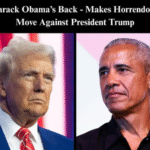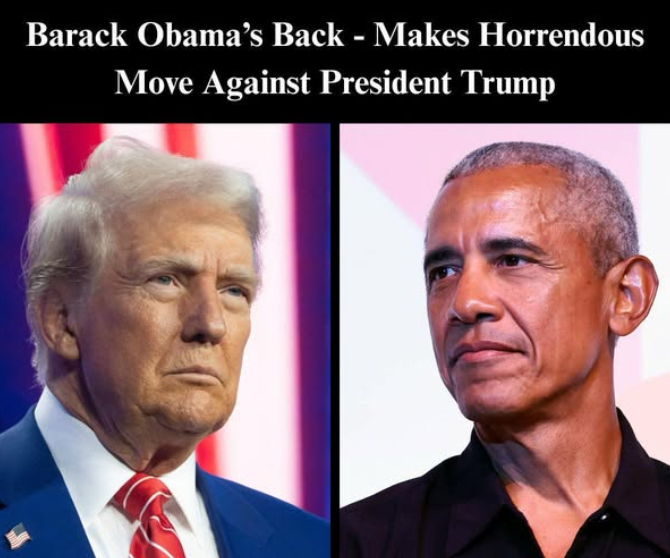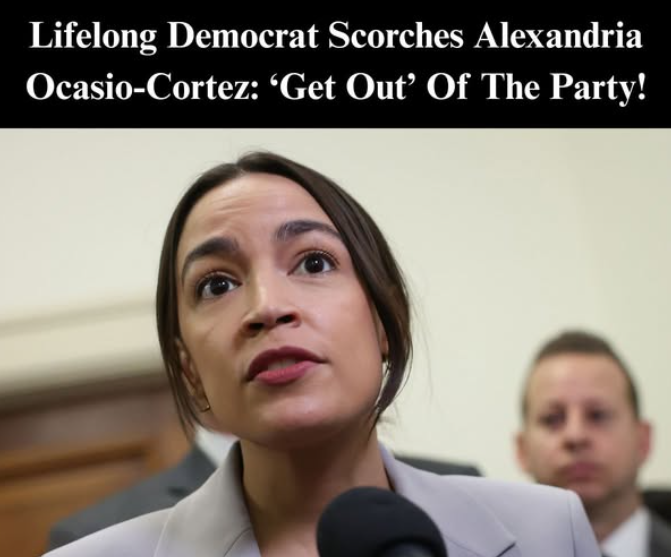On April 2, 2025, President Donald Trump made a stunning proclamation, dubbing it “Liberation Day” as he unveiled sweeping new tariffs. In a bold move meant to champion domestic industry, he imposed a 10% blanket tariff on all imports, with even harsher penalties for 60 countries he labeled the “worst offenders.”
Among the hardest hit were South Africa, now facing a 30% tariff; Vietnam, 46%; China, 34%; and Japan, 24%. For goods that fall into multiple categories, the combined tariffs could soar to an eye-watering 54%. Trump stood firm, promising the country, “We will Make America Wealthy Again,” declaring this the dawn of a new age for U.S. manufacturing.
But the markets didn’t share his optimism.
The announcement sent shockwaves through Wall Street. The Dow, S&P 500, and Nasdaq all nosedived, rattled by fears of economic instability and retaliatory action from foreign powers. Investors weren’t the only ones alarmed. Former President Barack Obama broke his silence with a cutting, eight-word rebuke that echoed across media outlets: “This is not leadership. It’s economic sabotage.”
Obama didn’t stop there. He voiced deep concern over what he called reckless governance, warning that such unpredictable moves could derail the American economy and deepen inequality. He stressed the long-term damage these decisions could inflict on working families and small businesses already struggling to stay afloat.
Other political voices joined the chorus of disapproval. Senate Minority Leader Chuck Schumer issued a sobering warning, suggesting that Trump’s volatile trade strategy could tip the U.S. into a recession.
The international fallout was swift and severe. China, one of the primary targets of the tariffs, hit back with its own 34% tax on American goods. In a sharply worded statement, Chinese officials condemned the U.S. action as “unilateral bullying” and a direct threat to global economic stability.
As markets tremble and diplomatic tensions rise, one thing is clear: the cost of Trump’s “Liberation Day” may be far higher than anyone anticipated.










